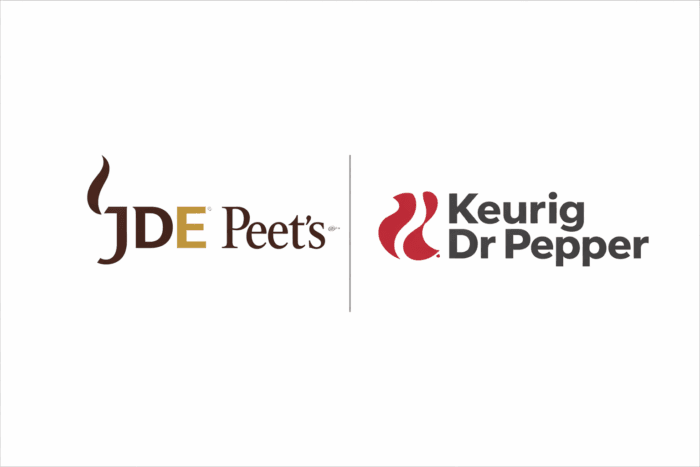In recent years, the specialty coffee sector, once synonymous with artisanal production and individuality, has moved towards an era marked by automation and consistency. This shift, driven by the need for efficiency and scalability, mirrors the very industrial practices that the sector initially resisted.
This trend signifies a shift from craft to consistency, as coffee companies adopt automation to maintain quality control across expanding global markets. Today’s specialty coffee brands are less focused on the hands-on craft that once defined them, prioritizing streamlined processes to ensure consistent flavor, texture, and quality with each cup. The drive toward uniformity not only reduces labor costs but also meets the demand for predictable results in each batch and cup served.
Automation’s Growing Role in Specialty Coffee
The automation wave has reshaped both coffee production and service. Many coffee chains and roasters have incorporated automated tampers, milk frothers, and batch brewers, which reduce human intervention and eliminate inconsistencies. For example, automated roasting systems like those by IMF and Loring are now common in coffee production, allowing roasters to reproduce consistent flavors with minimal direct oversight.
At the same time, coffee houses are increasingly using advanced brewing systems, enabling baristas to replicate intricate recipes for customers consistently, while minimizing manual errors. These systems have made it easier for cafés to expand and offer high-quality coffee without relying solely on skilled staff, an approach that aligns with economic shifts and labor shortages. By 2030, studies estimate that up to a quarter of the U.S. workforce might see significant changes or even job loss due to automation.
Evolving Consumer Expectations and Market Trends
For many consumers, consistency in taste and quality is now paramount. Recent research has shown that automation appeals to customers who value reliability in their coffee experience. Automated solutions in coffee production have helped address this by optimizing quality control from sourcing and roasting to the final brewed cup. As a result, even smaller roasters are beginning to implement automated systems to meet consumer expectations and remain competitive in an evolving marketplace.
Yet, this automation has also altered the type of coffee offered. The demand for microlots and experimental varieties has declined as buyers turn to more consistent, reliable specialty lots that guarantee uniform quality across batches. In fact, reports show a decline in microlot contracts over the past few years, with a shift towards bulk contracts that meet the need for dependability in larger operations.
Balancing Craft and Technology
Despite these industry changes, companies continue to use terms like “hand-roasted” and “artisan-brewed” in their branding, even as machines handle much of the production. This divergence between the marketed image of “artisan” coffee and the mechanized reality has raised questions about the future of the industry’s craft. According to industry experts, the skill set in specialty coffee is evolving from manual craftsmanship to programming and overseeing automated systems, preserving craft in a new form.
Some in the industry believe that as automation becomes the norm, a renewed interest in genuine craftsmanship may emerge, driven by consumers’ desire for authentic, hand-crafted experiences. This evolving dynamic between human artistry and machine consistency continues to define the specialty coffee market, leaving room for future shifts that could once again place human touch at the forefront of specialty coffee’s story.

